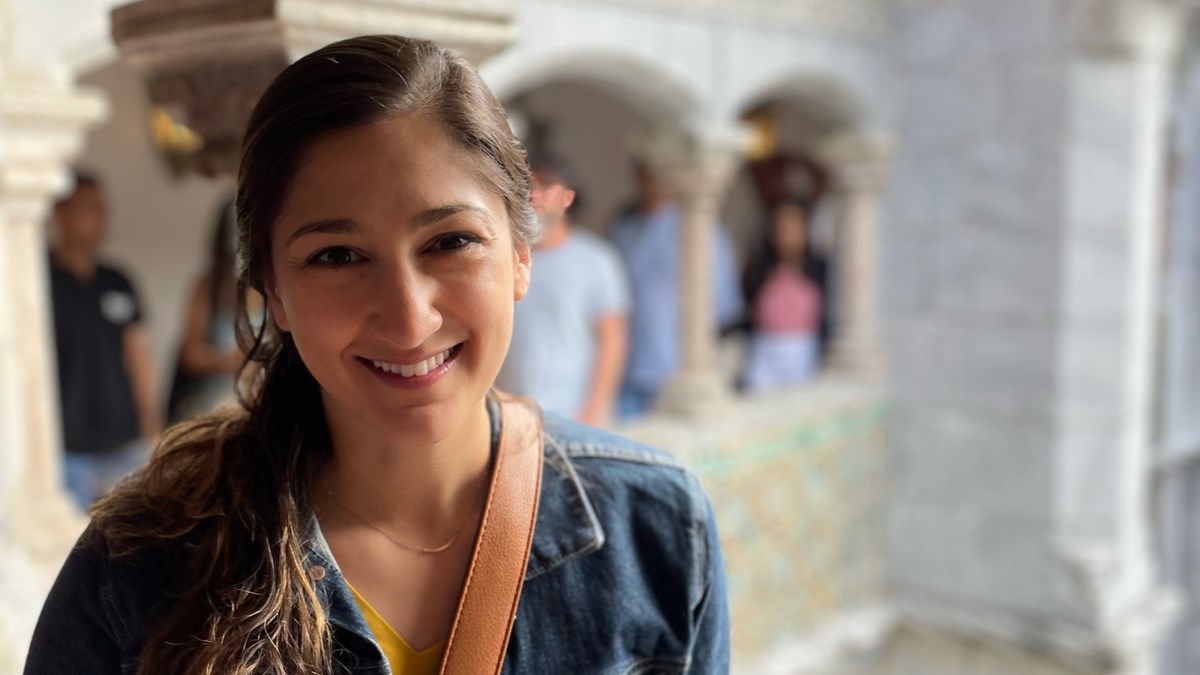Leah Morse, Au.D.

“I love connecting with people and helping them achieve their goals. I hope to help our new clinic be successful and I hope to train empathetic audiologists who are confident in their skills, are reliable and have integrity in their work.”
Why did you choose to become a doctor/researcher/expert in your field? Was there a specific “a-ha” kind of moment?
Although I do not remember a specific "a-ha" moment, I chose audiology because I appreciated the value in the ability to communicate and the impact it has on a person's quality of life.
As a graduate student I remember seeing a patient in a wheel chair who was slumped over and not talkative. Her caregiver indicated they weren't sure if she couldn't hear, or if she had cognitive decline. My supervisor and I completed testing and fit a demo pair of hearing aids in office. Her face lit up, she laughed at jokes, she told stories and she became a completely different person than who entered the office. I remember feeling good about the career I chose, and the prospect of improving someone's quality of life by helping them connect with the people around them. The advice I would give to students in that position now is focus on the patient and don't underestimate the positive difference you can make in someones life.
I think the significance for West Virginia is the same significance communication has for everyone in the world. Connection matters, and it isn't always easy. The emotional impact hearing loss has is not often discussed, and I think what I do for a living has the potential to bring people joy, which is really great.
I test people's hearing and treat hearing loss to help them communicate.
I have always been interested in academia and giving back to the field by teaching incoming professionals.
I love connecting with people and helping them achieve their goals. I find that the role I am in now affords me the opportunity to do this with patients and students.
I hope to help our new clinic be successful and I hope to train empathetic audiologists who are confident in their skills, reliable, and have integrity in their work.
Being hired as an assistant professor was an honor. I consider the opportunity to train incoming audiologists a privilege and take the responsibility seriously.
The Communication Sciences and Disorders program here at WVU is one that embraces change and is interested in best-practices based in evidence, both from a perspective of patient care and teaching students.
My birthday is on Christmas Day!